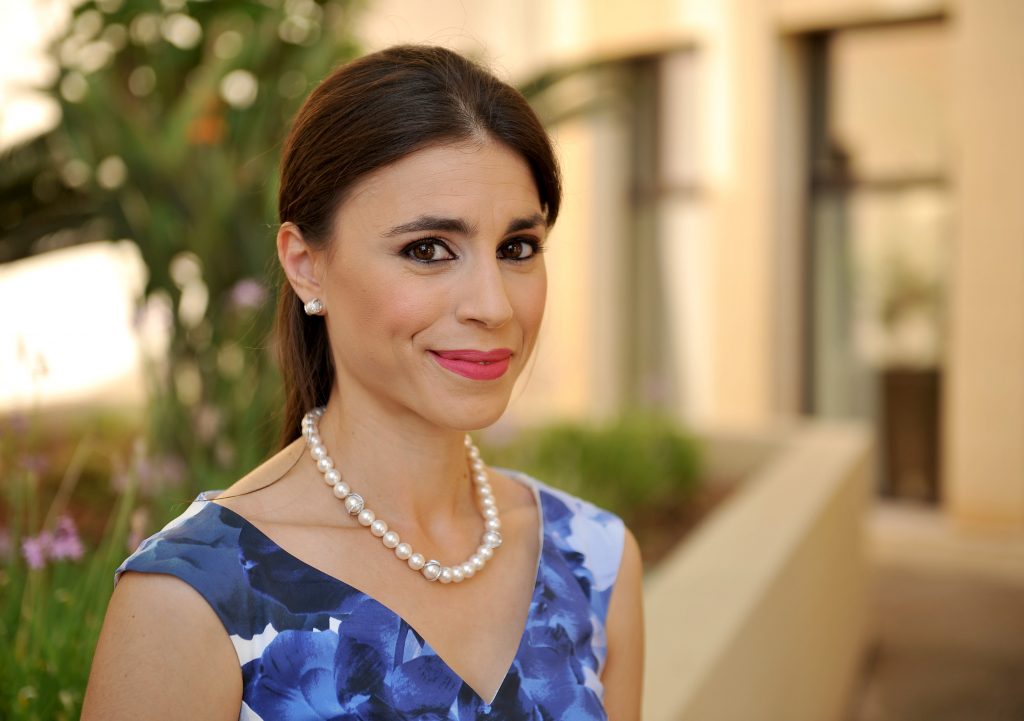Compared with previous generations, young scientists are finding it increasingly difficult to publish their work and secure permanent employment, Young Gasteiner Sarah Cuschieri writes in her guest contribution.
Academic research communities face an ongoing struggle to keep up with the growing publishing demands imposed by various scientific institutions. Indeed, we are living in a “publish or perish” era, where publishing has become a requisite for everyone, from undergraduate students to professors, to progress and maintain a career. The result? Fierce publishing competition amongst academics and a challenging environment for young scientists to make their voice heard.
Young scientists from small countries or institutes are at an even greater disadvantage, often having their work rejected because “the study population is small”. This is geographical and social inequality at its worst, for the main aim of any scientific publishing is to enhance the knowledge of the scientific community and not just showcase the big names or highly funded studies from larger countries or more well-known institutes.
An uphill battle
And this is just the tip of the iceberg, as young scientists continue to grapple with today’s lack of job security. When compared with previous generations, it has become increasingly difficult to land a permanent position. Rather, young scientists are offered one- to two-year contracts, working on a particular study without future job security beyond this. This situation is hampering opportunities not only to kick-start their own research path and eventually be their own “research boss”, but also to lead a stable life and start a family.
And this is just the tip of the iceberg, as young scientists continue to grapple with today’s lack of job security.
SARAH CUSCHIERI, LECTURER AT THE UNIVERSITY OF MALTA AND YOUNG GASTEINER
If they embark upon a solo research project, young scientists face an uphill, bumpy ride even if they do manage to secure a permanent job. A senior colleague delivers a lot of punch when it comes to securing research funding or grants, and also later, to publish. Research grant selection bias is common, as funders allocate grants to well-known senior researchers and institutes. Funding is essential not only for conducting research but also for covering publishing expenses. Most journals are transitioning from subscription or hybrid formats to open access, requesting hefty sums in article publishing charges. This compounds young researchers’ misery, as the need to cover such expenses out of their own pocket, especially on a low pay cheque, hinders them from publishing.
One could argue that hybrid and subscription journals still exist, but it is becoming harder to identify these journals as they are so limited in number. Due to their free publishing nature, they are typically saturated with article submissions. Another obstacle presents itself even if young scientists strike gold and publish in one of these journals. An unwritten yet true rule in the academic world is that publishing more than twice or three times in the same journal is generally frowned upon. This further complicates matters. And let’s not forget that high-impact journals tend to overlook and reject articles if the author list is not pumped up with big names.
Identifying the opportunities
The world is not all dark and gloomy, however. There are opportunities for young researchers to grasp and attempt to climb up the academic ladder. The difficulty lies in identifying these prospects and preserving them. Hence, it is important to acknowledge that young scientists face a difficult career path which may impact their future recruitment to the field of academia. If COVID-19 has taught us anything, it is the importance of evidence-based research. And as it stands, this is not the only global crisis that the world is facing, but climate change and possibly other future pandemics are also on the table. It is the role of the future generation of young scientists to deal with them. So, let’s try to make their life easier.

Sarah Cuschieri (33) graduated as a medical doctor in 2011 and took up a full-time academic career in 2013. In 2019, she completed her PhD in public health. She is a lecturer at the University of Malta, has published numerous articles, focusing on non-communicable diseases and medical scientific writing, and is author of the book “To Do or Not to Do a PhD? – Insight and Guidance from a Public Health PhD Graduate”. Since 2021 Sarah Cuschieri has been a member of the Young Forum Gastein, the network for young European health professionals of the European Health Forum Gastein.
